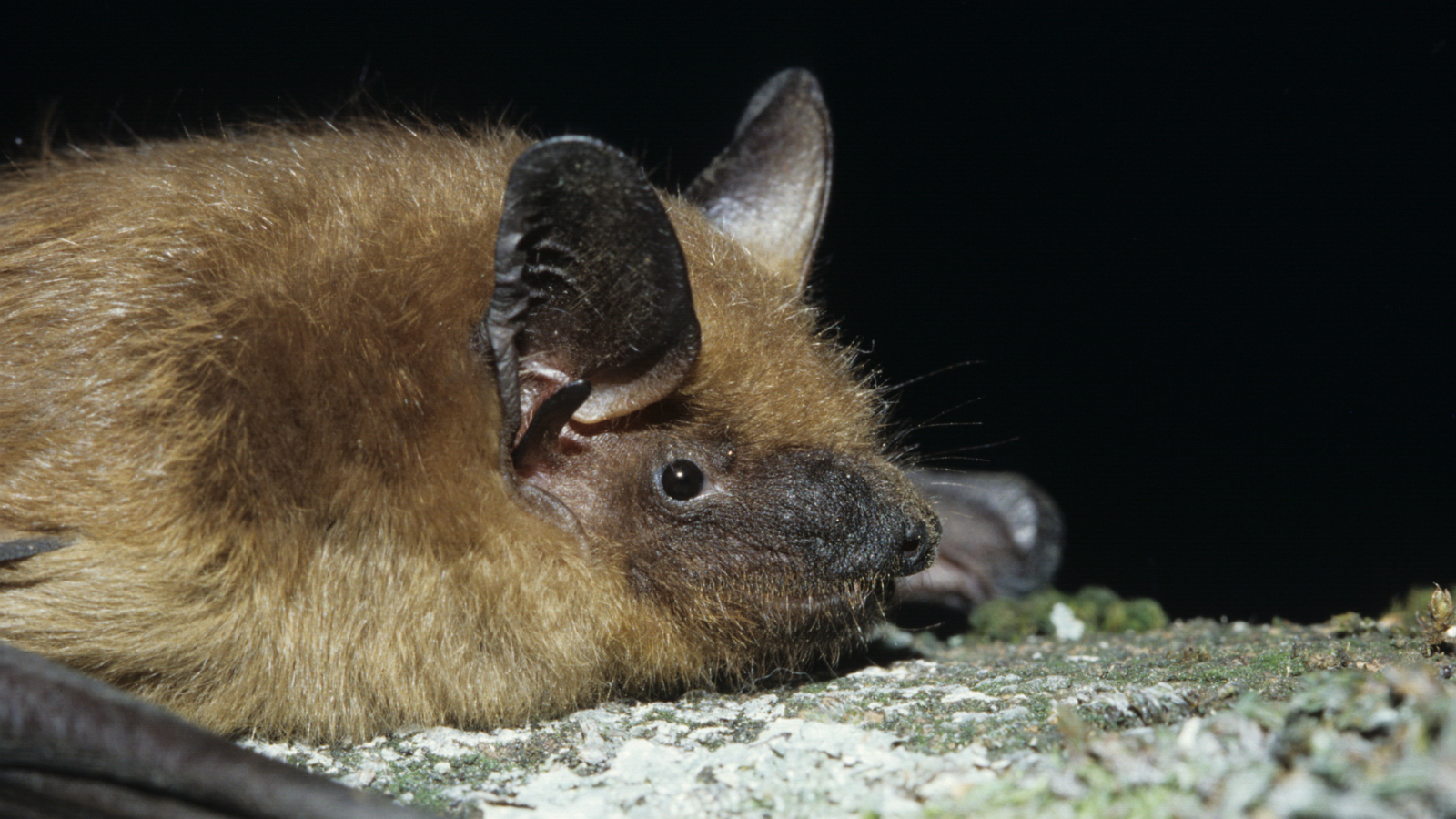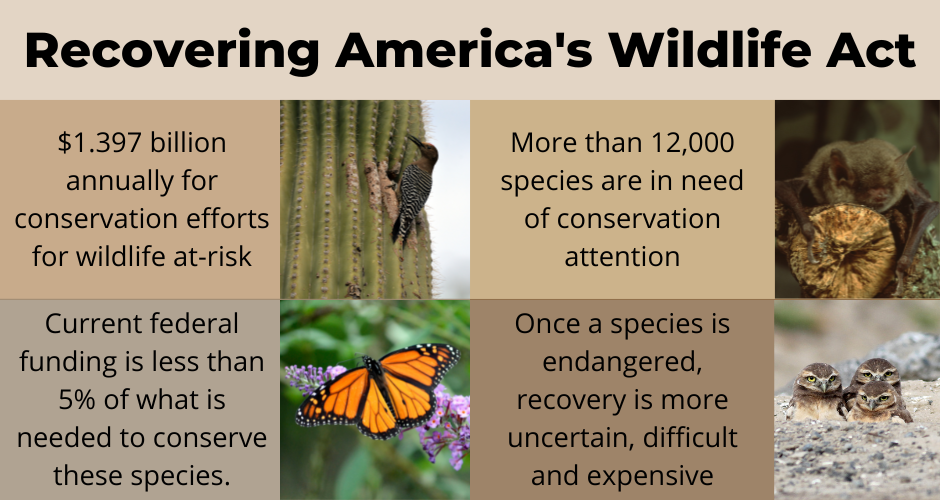Have you ever been at a football game or a concert and suddenly looked up at the starry night sky, illuminated by bright floodlights, only to gasp in terror and shriek out, “Bats!”
If we’re being honest — we hope you haven’t done this, but it’s understandable if you have.
A lot of folks find themselves scared of or even terrified of bats. They have small, sharp teeth, wrinkly faces, and can be carriers of rabies. When you grow up only hearing these negative statements about bats, it’s natural to be wary of them.
Even more frightening is their connection to Halloween and vampires. This is somewhat due to Dracula, but more so due to the vampire bat who does — yes — actually drink blood. However, these bats don’t want to go after humans and they aren’t even commonly found near humans. Like most animals, they want to live in their own space and not be bothered! A dark, quiet cave is far preferable to a city filled with people scared of you.

While people are often worried about disease transfer, bats are no more likely to transfer disease than any other mammal. It’s just that bats are small and if they are sick, they’re on the ground within a person’s reach. That being said, please do not touch a bat! It’s dangerous for you and for them.
Therefore, why be scared of the 1,300 other bat species that exist when only three of those species are blood-drinkers?
At the end of the day, some fear them, others love them, but no matter how you spin it, bats are incredibly important creatures! Not only are they pollinators, but they are the predominant pollinators of saguaro cactus blooms.
Bats help out ranchers and farmers by eating pests that would otherwise destroy their crop yields. They also love eating mosquitoes, which I think we can all appreciate.
Yes — they have sharp teeth and wrinkly little faces, but they can also eat more than 1,000 insects in just one hour of flight. They also save us billions of dollars annually by helping to control insect-spread human diseases.
Despite the critical role they play in the world, bats are the most rapidly declining land mammals in North America. Unfortunately, much of that is because of our fear of them.
That’s yet another reason why Recovering America's Wildlife Act (RAWA) is so important to pass. RAWA would commit over 1.3 billion dollars for the conservation and restoration of wildlife and plant species of greatest conservation need, including endangered or threatened species, and establish related requirements. All bats — especially the 30% of them at risk in the U.S. — would benefit from RAWA.

Remember — without bats, ecosystems suffer.
So what are some of the ways you can start to appreciate bats more?
-
Go on nightly walks and see if you can identify the bat species you see; Arizona has 28 different types of bats!
-
Check out some of the batty events near you: https://www.12news.com/article/life/animals/arizona-state-parks-celebrate-bat-week-leading-up-to-halloween/75-431b5960-b736-4c00-a423-4fd5a22eefbc
-
Know the resources you have in Arizona if you find a bat in need: https://www.azgfd.com/wildlife/speciesofgreatestconservneed/bats/
Have an educational and exciting Bat Week!
.png)